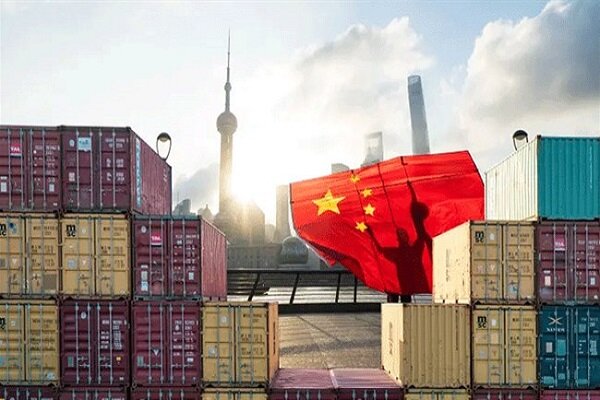
Similar Posts
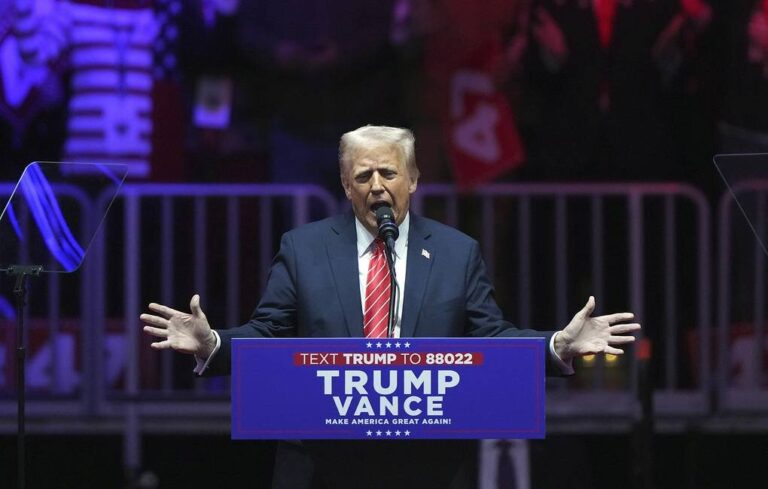
EU Leaders on Edge as Donald Trump Makes a Political Comeback
Trade relations between the EU and the US, valued at €1.5 trillion annually, face uncertainty as Donald Trump re-enters politics, raising concerns about potential protectionist policies. EU finance ministers are meeting in Brussels to discuss the risks of a trade war, which could reduce global GDP by 7%, equivalent to the economies of Germany and France. Amidst this, food bank dependency is rising in the EU due to economic instability. Trump’s ties with Euro-skeptic billionaire Elon Musk further complicate EU regulations, fueling public apprehension about the future of EU-US relations. Maintaining stable trade relations is crucial for economic growth.
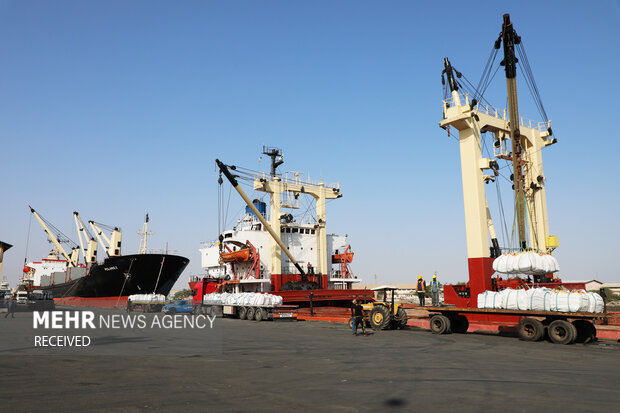
Iran’s 2024 Exports to EAEU Soar Past $2 Billion, Reports IRICA
Iran’s exports to the Eurasian Economic Union (EAEU) have surged, exceeding $2 billion and reflecting a 20% increase from the previous year. Non-oil exports reached 5.59 million tons, up 21%. Key exports include over $1 billion to Russia, $505 million to Armenia, and $278 million to Kazakhstan. This growth, attributed to product diversification, strengthened trade relations, and improved logistics, bolsters Iran’s economy and job creation, reducing reliance on oil revenues. As the EAEU, which includes Armenia, Belarus, Kazakhstan, Kyrgyzstan, and Russia, seeks closer economic ties, Iran’s role as a key trade partner is increasingly vital.
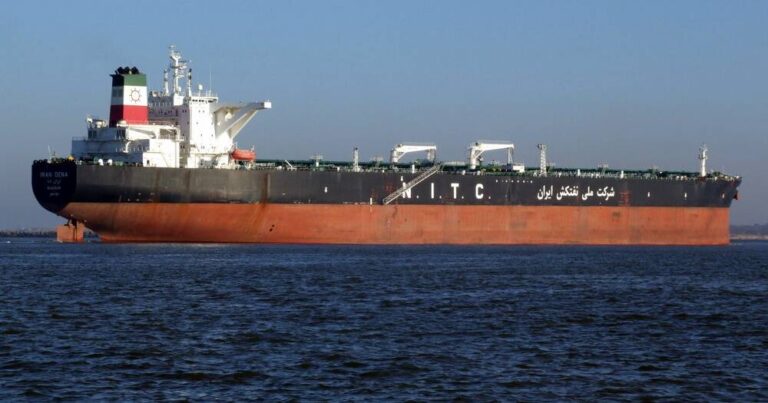
China Greenlights Iran’s Oil Exports from Storage: A New Era in Energy Trade
Iran has begun shipping oil stored in China, having secured approval from Beijing. This move responds to anticipated sanctions following the Trump administration’s policies, which previously limited Iran’s oil exports. Approximately 25 million barrels of Iranian oil became stranded in China after waivers were revoked in May 2019. The Iranian Revolutionary Guard Corps (IRGC) is now leading the operation to extract these reserves, with two tankers dispatched to facilitate the process. Concerns arise over the proceeds potentially funding regional proxy forces. Amid these developments, Iran has allocated oil revenues to the IRGC for enhancing its defensive capabilities.
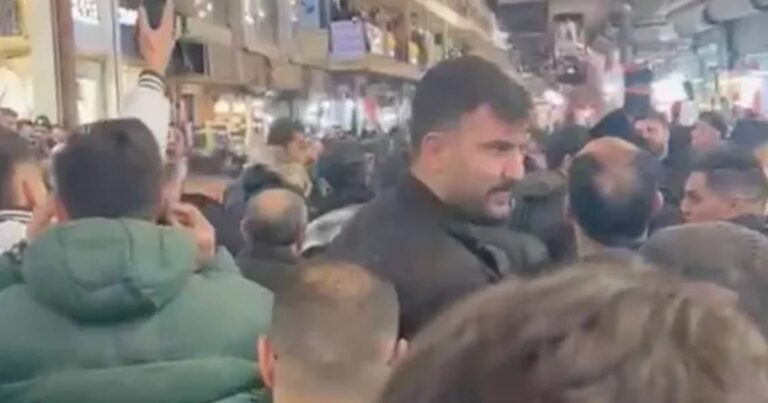
Tehran’s Historic Bazaar Erupts in Protests Amid Rising Inflation and Falling Rial Value
In a rare display of dissent, Tehran’s historic bazaar saw business owners and employees strike on Sunday due to escalating inflation and soaring foreign currency rates. Beginning with shoe sellers, the protests quickly spread across several sectors, reflecting widespread discontent amid Iran’s dire economic conditions. Merchants expressed concerns over skyrocketing raw material costs and the devaluation of the rial, with many struggling to sell goods. The protests are reminiscent of historical movements tied to major political change, raising fears of further unrest as at least one-third of Iran’s population now lives below the poverty line. Security forces were deployed to manage the demonstrations.
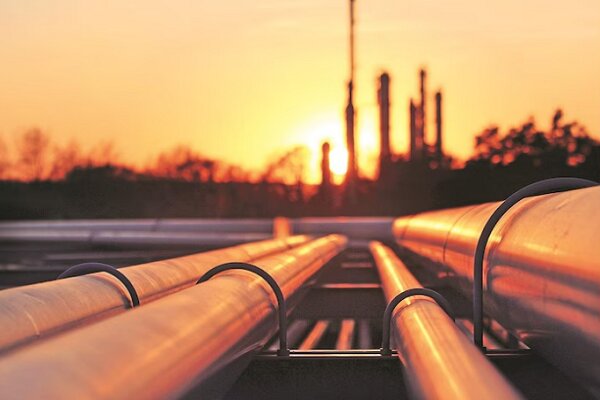
Oil Prices Dip as US Pauses Tariffs on Mexico and Canada: What It Means for the Market
Brent crude futures fell 0.7% to $75.46 per barrel, while U.S. West Texas Intermediate (WTI) crude dropped 1.2% to $72.27. Canadian PM Justin Trudeau and Mexican President Claudia Sheinbaum agreed to strengthen border enforcement in response to immigration and drug smuggling concerns, pausing a planned 25% tariff and a 10% energy import tariff for 30 days. OPEC+ decided to maintain its gradual oil output increase strategy. Additionally, former President Trump plans to discuss trade issues with Chinese President Xi Jinping as a 10% duty on Chinese imports looms. Upcoming U.S. oil stockpile data is also awaited.
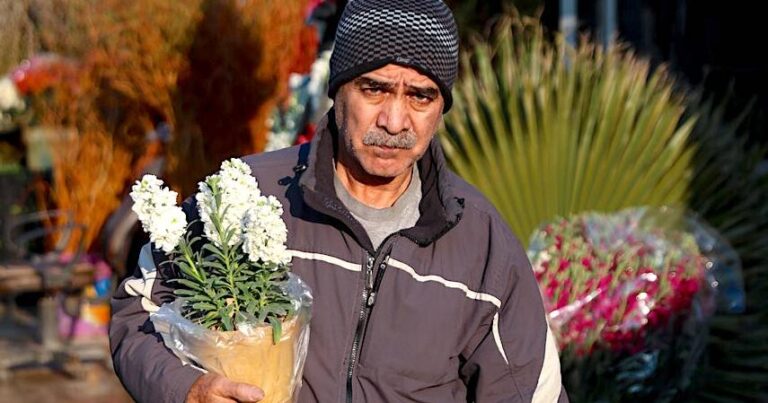
Facing the Consequences: Why Talks or War Lead to Shared Struggles
US President Donald Trump recently sent a significant letter to Iranian leader Ayatollah Ali Khamenei, urging him to negotiate or prepare for conflict. However, many Iranians express skepticism about the prospect of change, feeling trapped in a cycle of political stagnation. Citizens like Zahra and Mehdi voice frustration over government corruption and the ongoing struggles caused by inflation and energy shortages, attributing their hardships less to sanctions and more to mismanagement. Despite some support for dialogue with the West, many believe negotiations would only prolong Khamenei’s rule. Overall, widespread apathy and resignation characterize public sentiment in Iran.